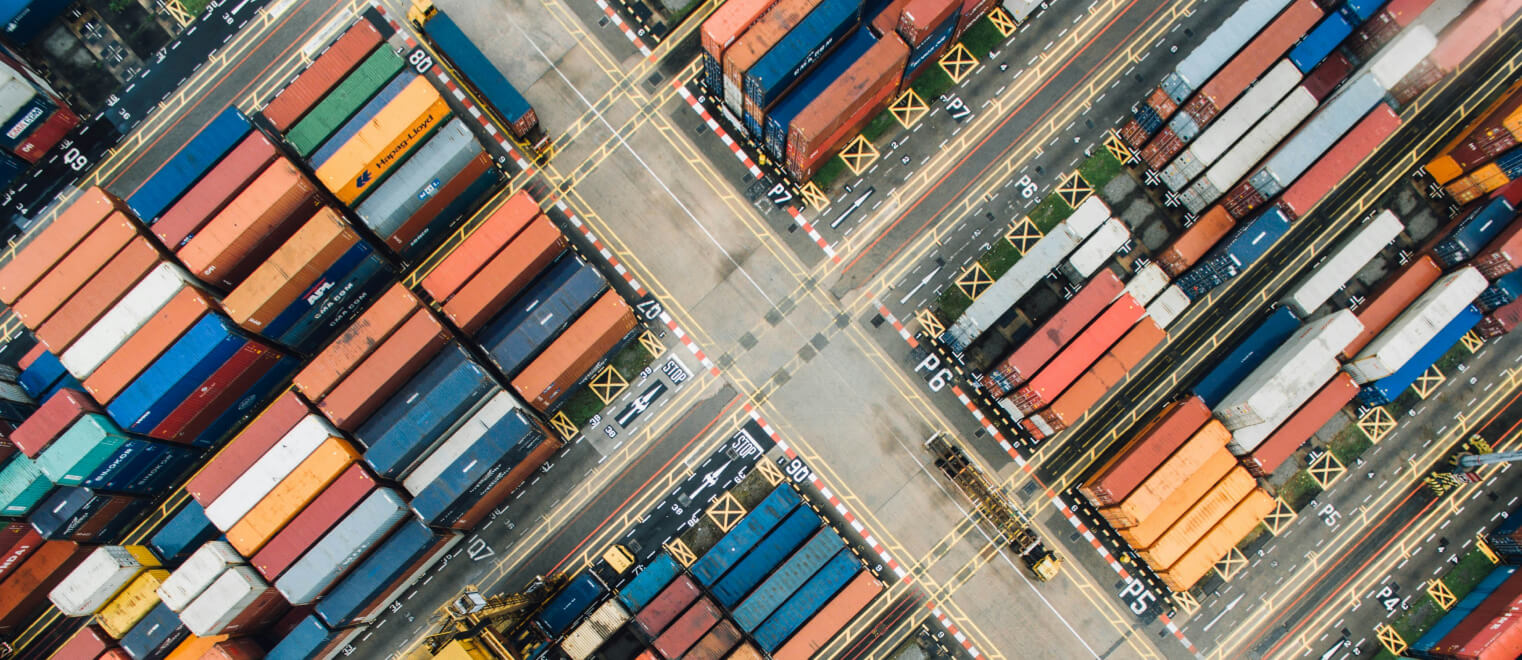
Customs Delay: What to Do When Your Shipment is Stuck
Encountering a customs hold for your shipment can not only disrupt your customers' satisfaction but also result in financial setbacks due to potential revenue loss. Whether it's incoming or outgoing goods that get stuck, the impact can be significant. To navigate this challenge, it's crucial to know the best course of action when faced with a customs delay.
Various reasons can lead to a shipment being held at customs, ranging from severe issues like prohibited goods to minor ones such as incorrect paperwork. Regardless of the cause, these straightforward tips will guide you in getting your goods moving and preventing future customs complications. Determining who to contact and what steps to take can be challenging, but these steps will help expedite the process.
- Reach Out to Your 3PL Provider:
Your initial step is to contact the entity responsible for shipping your goods. Often, the shipper prefers communicating directly with the seller regarding the shipment. Connect with the seller to understand the status of your shipment and whether any crucial documentation for customs clearance is missing. Ensure you receive a tracking code from the seller for accurate shipment tracking.
- Contact Your Carrier:
Confirm that your shipment is genuinely stuck in customs. Express shippers like DHL or FedEx can often facilitate customs clearance. However, issues like a FedEx clearance delay may occur. Contact carriers, preferably by phone, and be cautious of premium-rate numbers that can lead to high costs. Communicating with the shipper helps identify actions to expedite customs processing.
- Check for Outstanding Taxes:
Many countries levy taxes on shipments exceeding a specific value. If your shipment incurs taxes, it will be held until the outstanding balance is settled. Express shippers or postal services may cover the tax (DDU) and charge you an administration fee. Larger shipments may require a customs broker for tax payment and release from customs. Understanding the tax process is crucial to avoid the return or destruction of the shipment.
- Verify Documentation Completeness:
Missing or incorrect paperwork is a common cause of shipping delays. The required documentation varies based on shipment size, value, and goods type. Express shipping services can assist in recovering missing paperwork, making it essential to contact the shipper for guidance. Be diligent in ensuring all documents are present, correct, and in the appropriate language to prevent customs complications.
- Exercise Patience:
If you've chosen a slower shipping option like airmail, customs processing can be slow and stressful. Waiting patiently is often the only viable option, especially when customs conducts random checks. Attempts to expedite these checks may prove futile. For shippers, accurately declaring items on documentation is crucial. Postal systems typically clear shipments automatically, but waiting is key due to unreliable tracking.
Navigating customs delays requires a strategic approach, including effective communication with the shipper, adherence to tax regulations, and thorough documentation management. While delays can be frustrating, maintaining patience and understanding the customs clearance process contribute to a smoother shipping experience. Remember, the "customs cleared" status signifies that your shipment has passed through customs and is en route to its final destination. The postal system, although slow, ensures automatic clearance, requiring only patience and readiness to settle any applicable taxes.
